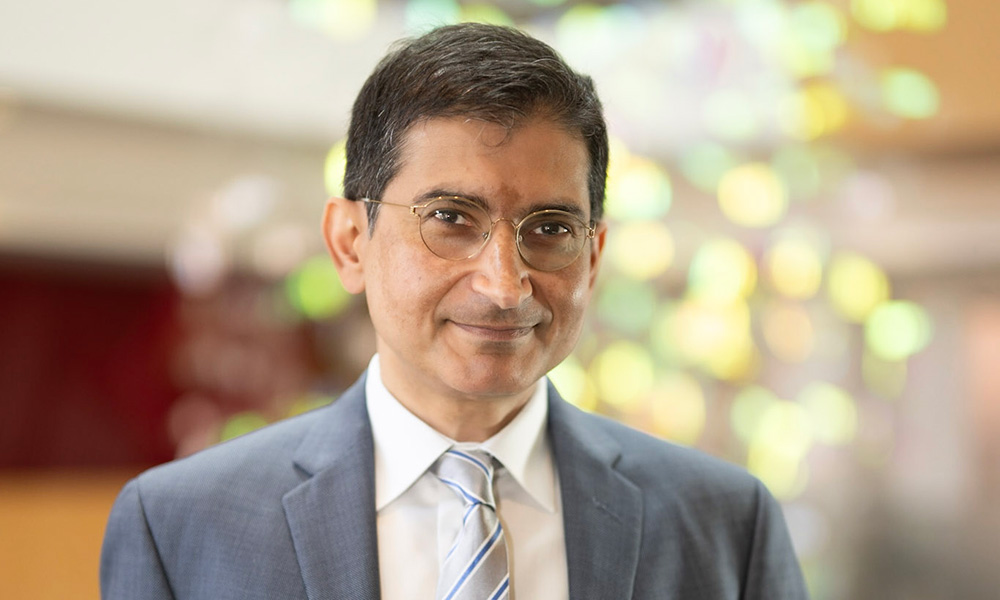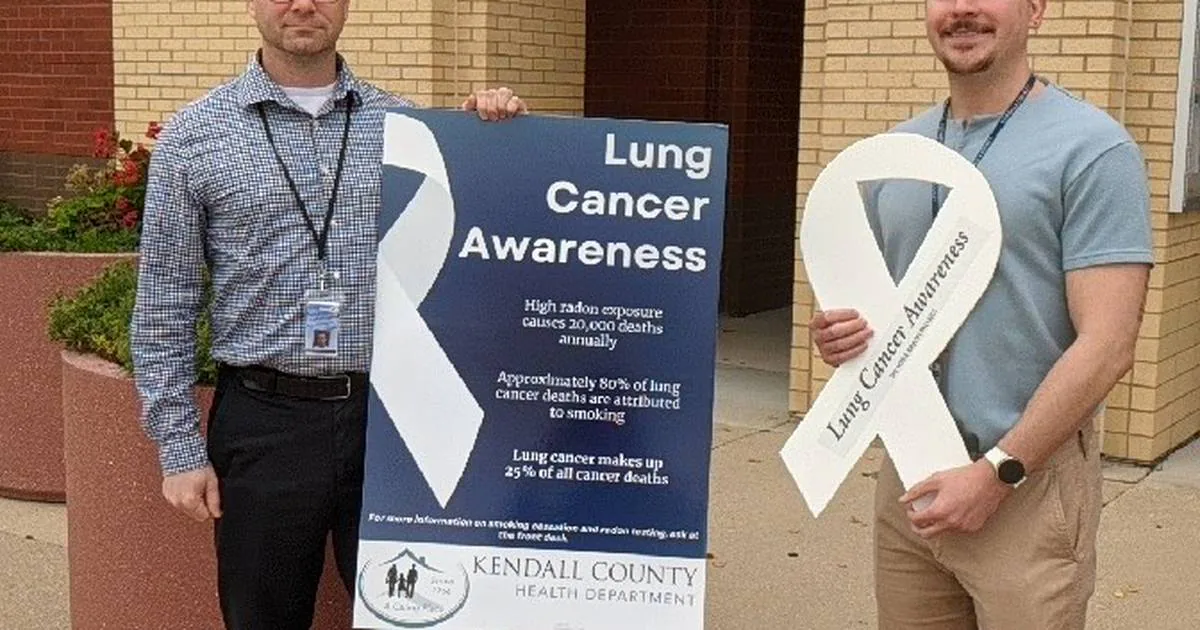Copyright usc

Darius Lakdawalla, chief scientific officer at the USC Schaeffer Center for Health Policy & Economics and Quintiles Chair of Pharmaceutical Development and Regulatory Innovation at the USC Mann School, was elected to the National Academy of Medicine on Monday. Election to the academy is one of the highest professional honors, recognizing experts who have made significant contributions to the medical sciences, healthcare and public health. Lakdawalla, who is among 100 experts elected to the academy this year, is also on the faculty at the USC Price School of Public Policy. The academy recognized Lakdawalla for transforming the study of value in healthcare, using economic insights to reorient health care value assessment around what matters to patients and their families, identifying policies promoting value-based decisions by providers and medical innovators, and illuminating the role of patient behavior in affecting health outcomes. “Dr. Lakdawalla has fundamentally reshaped how we think about — and measure — the value of medical innovation. His research is essential to figuring how we reward new, lifesaving treatments while spending our precious health care dollars wisely,” said Dana Goldman, founding director of the USC Schaeffer Institute for Public Policy & Government Service and University Professor of Public Policy, Pharmacy, and Economics. Lakdawalla has explored topics as varied as declining use of nursing homes by older adults, rising rates of obesity, and balancing innovation and patient access. “Economics should start from human preferences,” Lakdawalla said. “What really attracted me to the field was how it can explain a broad range of human decision-making, from family formation to decisions about what to eat and what health risks to take.” Putting Patients at the Forefront Lakdawalla’s research demonstrated that societal gains from the “war on cancer” were more valuable than the general public and researchers realized; why terminally ill cancer patients often prefer riskier treatments over safer bets; and shown why it’s rational that people facing severe illness would be willing to pay so much for seemingly small survival gains. These insights spurred debate about appropriately funding oncology treatments in policy circles from the United States to the United Kingdom Accounting for patient preferences was the foundation of a new method Lakdawalla developed to calculate the value of care: Generalized Risk Adjusted Cost-Effectiveness (GRACE). Traditional cost-effectiveness methods, which are used to help answer questions like whether a new drug’s benefits are worth the cost, fail to account for patients’ perspectives and discriminate against patients with severe illness or disability. GRACE, however, is based around the economic principle that health improvements are worth more to those in poorer health. Lakdawalla’s work has been at the center of high-profile debates over drug pricing. He has testified before Senate and House congressional committees about how to encourage the development of new treatments and cures while making innovation accessible to more patients. He is also frequently sought out by journalists to untangle the complexities of drug pricing and explain market dynamics. In recent op-eds he’s argued how GRACE could be used to develop more rational, transparent drug prices, including in Medicare’s new process for setting prices for select drugs and as a better alternative to “most-favored nation” pricing. Lakdawalla’s research has shown that importing lower drug prices from abroad would reduce pharmaceutical innovation, hurting the health of future Americans. Instead, using GRACE to price treatments would reward and encourage innovation that meaningfully improves patients’ lives while reducing costs for less effective therapies. “Dr. Lakdawalla’s work exemplifies the spirit of inquiry and innovation that drives USC,” said USC Mann School Dean Vassilios Papadopoulos. “His pioneering studies bridge economics and patient care, providing better ways to assess the value of pharmaceutical advances so they can benefit more people in need. We are proud to see his leadership and insight recognized by one of the highest honors in our field.” Supporting Evidence-Based Insights Lakdawalla has often been at the forefront of public health and health economics research. About 20 years ago, he was among the first researchers to identify that rising obesity rates were increasing disability among young people—findings that were initially met with skepticism but are now considered foundational. He was also among the first to find that HIV incidence was increasing as new treatments became available and patients increased precautions and sexual activity, revealing a surprising tension between medical progress and risk. He is one of several original scholars at the Schaeffer Center, which launched in 2009 and has become one of the nation’s leading health policy centers. He previously served as the center’s director of research before becoming chief scientific officer in 2024. Lakdawalla said he’s proud of the Schaeffer Center’s approach to combining timely policy-relevant research with cutting-edge basic science. “I’ve always felt very protective of this combination—innovating around the science produces insights that inform better policy,” he said. “We’ve all had a role in that here.” Lakdawalla is also a research associate at the National Bureau of Economic Research. He previously served as an associate editor for the Journal of Health Economics, the Review of Economics and Statistics and the American Journal of Health Economics. He received the PhRMA Foundation Value Assessment Challenge Award in 2019 (third place) and 2020 (first place). He is also a past winner of the ISPOR Excellence in Research Methodology Award, the annual Milken Institute Award for Distinguished Economic Research Award, and the Eugene Garfield Economic Impact of Medical and Health Research Award. About the National Academy of MedicineEstablished originally as the Institute of Medicine in 1970 by the National Academy of Sciences, the National Academy of Medicine addresses critical issues in health, science, medicine, and related policy and inspires positive actions across sectors. NAM works alongside the National Academy of Sciences and National Academy of Engineering to provide independent, objective analysis and advice to the nation and conduct other activities to solve complex problems and inform public policy decisions. The National Academies of Sciences, Engineering, and Medicine also encourage education and research, recognize outstanding contributions to knowledge, and increase public understanding of STEMM. With their election, NAM members make a commitment to volunteer their service in National Academies activities.



